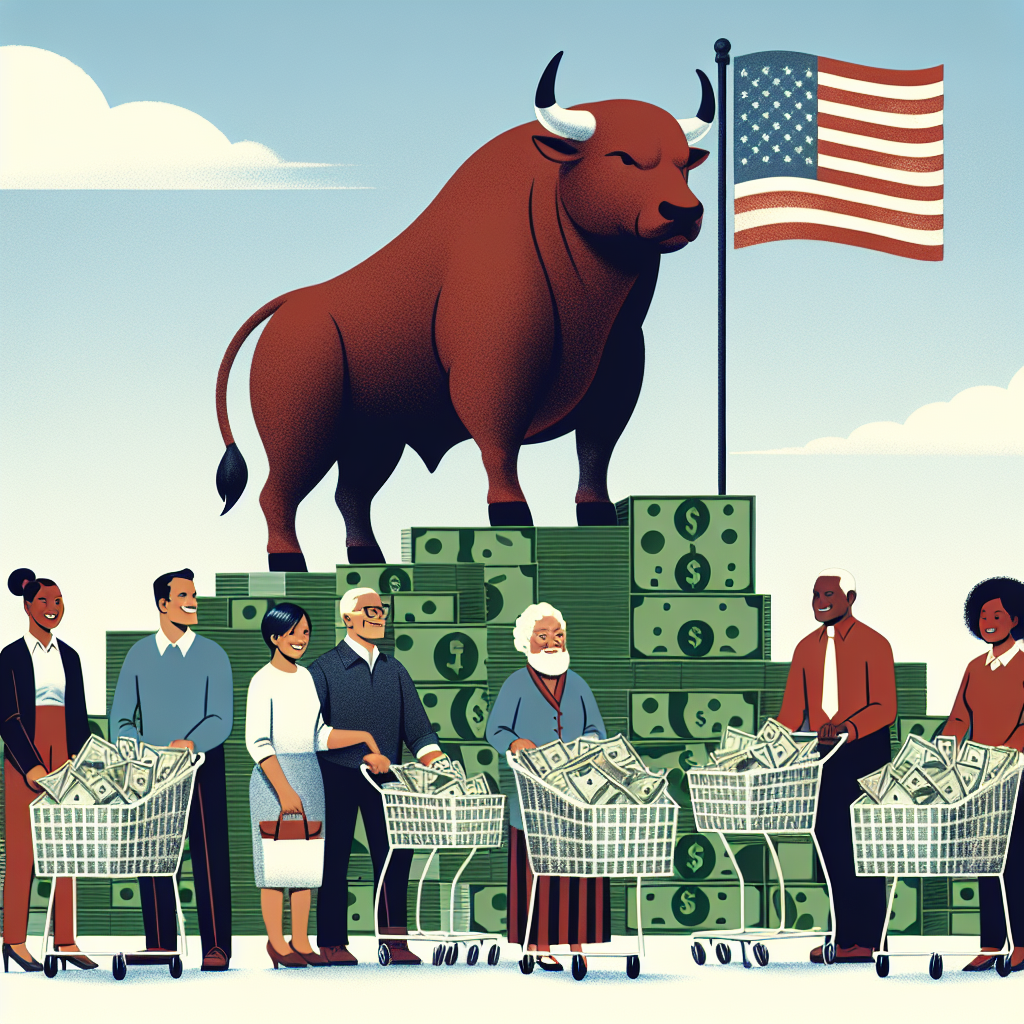Consumer Confidence Takes a Dive Amid Tariff Worries
U.S. consumer confidence hit a multi-year low in March due to looming recession fears and inflation concerns surrounding tariffs. The decline was especially noted among older demographics, with future income optimism dwindling. Despite this, spending intentions remain relatively stable, although economic uncertainties pose risks to long-term growth.

U.S. consumer confidence plummeted to its lowest in over four years this March, amid fears of an impending recession and rising inflation due to tariffs. The Conference Board revealed increasing consumer worries over trade policies, tariffs, and economic uncertainties. Write-in responses disclosed heightened concerns about future economic outcomes.
The future expectations index reached a 12-year low, aligning with periods typically associated with economic downturns. Economists criticized President Trump's inconsistent tariff talks for creating uncertainty. Despite Trump's indication that not all duties would be implemented soon, tariffs on automobiles are anticipated.
Consumer sentiment, especially among those over 55, eroded. However, younger consumers showed slight optimism. Despite low confidence levels, immediate spending plans remain unaffected, with consumers poised for pre-emptive buying ahead of tariff-induced price hikes. Nevertheless, economic clouds could hinder home sales and overall economic growth.
(With inputs from agencies.)
ALSO READ
Senate Passes Spending Bill Amid Democratic Dissent
Senate Democrats Face Internal Struggles Over Trump Spending Bill
Global Currencies in Flux: The Impact of Trade Policies and Fiscal Changes
Currency Tensions and Trade Policies: A Global Shift
Himachal's Budget 2025-26: Salaries, Pensions Dominate Spending










